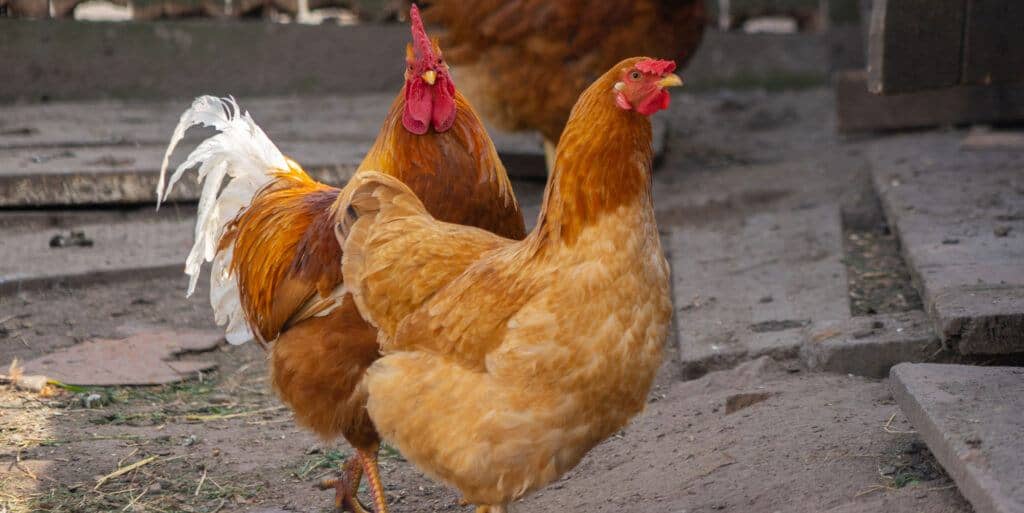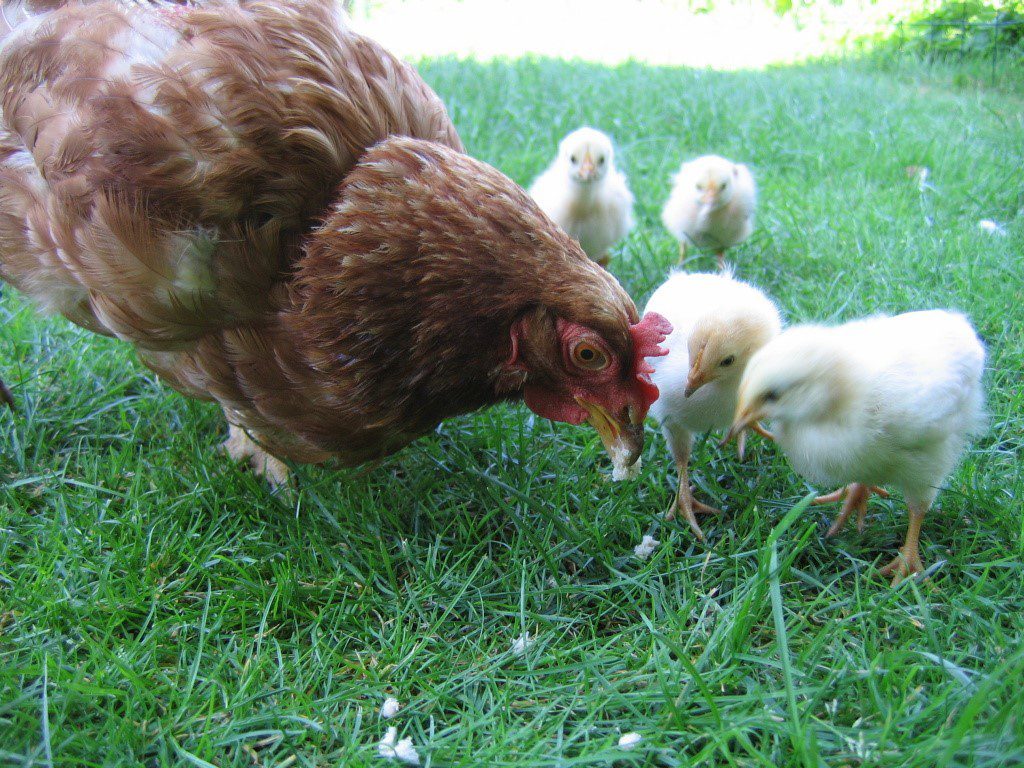
I remember when raising chickens was a practice reserved for rural areas, far from the hustle of city life. But times have changed. Nowadays, seeing a chicken coop nestled in a suburban backyard isn’t just a novelty; it’s a growing trend. This movement is more than fresh eggs for breakfast. The bigger picture is a desire for sustainable living and the allure of food independence.
I’ve seen an uptick in urban and suburban dwellers turning to backyard chicken farming. It makes sense, given the increased concern for sustainability and the desire for self-sufficiency. Whether it’s a reaction to supply concerns, the high cost and low quality of food we see now, or the enjoyment many of us get from farming, chickens are part of family life.
The benefits of raising chickens reach beyond the kitchen table. There’s the joy of watching them scratch and peck in the backyard, the reduction of kitchen waste thanks to their omnivorous appetites, and the educational opportunities for children. It’s about connecting with the food we eat and understanding the responsibilities of caring for another living creature.
As you engage with the idea of chickens as part of a sustainable lifestyle, consider how these feathered friends impact the environment. In the next section, ‘The Environmental Footprint: Chickens as Eco-Friendly Companions,’ we’ll explore how chickens contribute to eco-friendly living, becoming charming little allies in our quest for a greener world.
The Environmental Footprint: Chickens an Eco-Friendly Food Source
I think a lot about the carbon footprint of our food. By raising backyard chickens, your eggs travel mere feet instead of hundreds of miles to reach your kitchen with store-bought eggs. That alone substantially trims down your carbon output. You’re raising chickens and nurturing a more sustainable food system at home.
Chickens pull double duty. They are natural gardeners, pecking away at pesky bugs and reducing the need for chemical pesticides. I consider their manure black gold for gardens, packed with nutrients that chemical fertilizers can’t match. Integrating chickens into garden care promotes a balanced ecosystem and enriches the soil for growing your food.

After our spring coop and run cleaning, we pile up the manure and start a new compost pile, which sits for a year before being used in the following year’s garden. Compost is easier to make than you think, using the manure and green and brown scraps from the yard, house, and kitchen. We have a simple formula, which I will share soon in a spring cleaning and gardening post.
Small-scale, responsible chicken farming can significantly enhance biodiversity. Your backyard flock supports a broad range of plant and insect life, contrasting the monoculture landscapes of industrial farms. It keeps soils alive and teeming with the microorganisms essential for a thriving ecosystem.
Chickens for Health and Nutrition
I want to highlight how raising backyard chickens can massively improve the food quality on your table. You’re in control, which means you know exactly what your chickens eat, how they live, and how they are treated. When raised in your backyard, chickens aren’t subjected to the conditions of large-scale farms. They’re typically healthier, and so are their eggs. Their diet can be free of the antibiotics and growth hormones widely used in industrially farmed poultry. Raising chickens in your backyard produces more natural and nutritious eggs and meat for you and your family.
Your chickens can feast on various foods, including grains, vegetables, and insects, contributing to their eggs’ rich flavor and nutritional value. This diversified diet produces eggs with yellower yolks, more omega-3 fatty acids, and a fresher overall taste than store-bought eggs. For meat, chickens that exercise and roam freely produce leaner meat with a better texture.

The consumption of fresh eggs and poultry meat from chickens you’ve raised can also affect your and your family’s health in subtle ways. According to numerous studies, the difference in nutrient content is more significant than you might think. This translates to your meals being packed with higher-quality protein, vitamins, and nutrients, making each dish tastier and better for your well-being.
Considering the health benefits helps you smoothly transition to thinking about how you’ll start your flock. The following section will provide actionable guidance to help you understand the essentials of chicken farming. From setting up your coop to laying the groundwork for healthy, productive chickens, you’ll be poised to enjoy the rewards of raising chickens responsibly and sustainably.
Getting Started with Raising Backyard Chickens
So, you’re interested in becoming a chicken farmer. This commitment caters to producing your own food and contributes toward a healthier planet and lifestyle for you and your family.
Before getting started, check your local laws. Zoning regulations differ widely, and you must ensure your chicken farming plan aligns with local ordinances. If zoning laws permit raising backyard chickens, and if you live under a Home Owner’s Association, you must check with them before starting your backyard flock.
Selecting a chicken breed comes next. Climate tolerance, egg production, and temperament should guide your choice. For my top pick for egg-laying chickens, check out my article, Best Laying Hen Breeds.
Creating a chicken-friendly environment is crucial. Your chickens need a secure coop to protect them from predators and space to roam. You can find some great tips for setting up your chicken coop and run in my article Chicken Coop Necessities.
Your chickens’ health and happiness are tightly linked to their care. Establish a routine for feeding, cleaning, and monitoring their health. Regular vet visits can catch issues early.
Understand that raising chickens is a learning curve. Reach out to local farming communities or online forums for advice when you need it. As always, you can reach out to me here in the comments with any questions or send me an email to info@thebackyardchickenfarmer.com.
While you get a lot of enjoyment with backyard chicken farming, be prepared for the reality of what it entails. Raising chickens requires time, money, and effort. But remember, the rewards of fresh eggs, a happier garden, and a more sustainable and self-sufficient lifestyle may well be worth it.